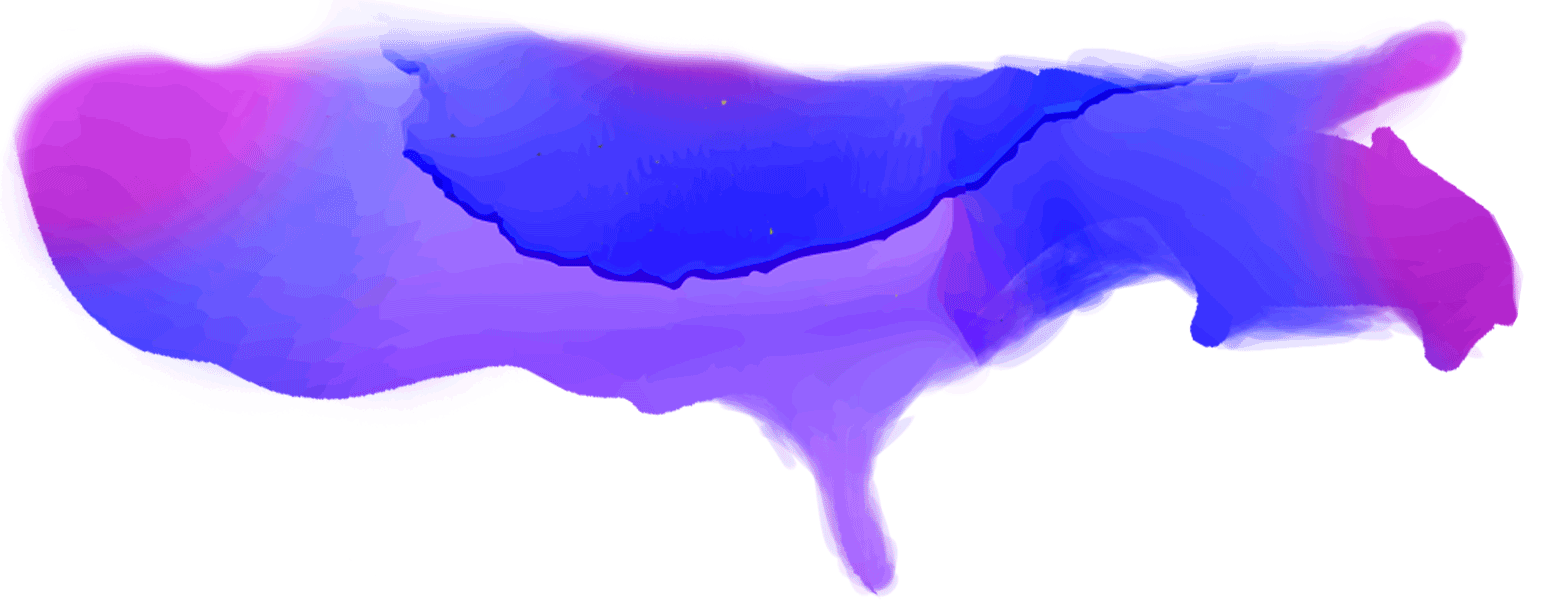The emergence of Face ID, Apple’s wondrous new biometric authentication system that uses facial recognition backed by an array of sensors and a new AI-accelerated Phone SoC, marks the beginning of the second stage of embedded AI in which more of the intelligence happens on the device, independent of the cloud. Making this application a reality requires a mix of deep learning software required to run computer vision algorithms and embedded hardware designed to efficiently and instantaneously execute repetitively parallel algorithms. In this session latest cutting edge technology in the field of Embedded deep learning will be on display & an introduction on computer vision algorithms , embedded design & deep learning on SoC will be presented .
Morning Session
1. New trends and challenges in embedded visual processing for UAV
- localization, navigation, and image-based perception
- Analysis of vision problems specific to embedded systems
- Analysis of embedded systems issues specific to computer vision
- Artificial intelligence hardware and software architectures for visual exploitation (for example deep learning, convolutional neural networks,etc.)
2. New trends and challenges in embedded visual processing for face recognition applications
- New trends in programmable processors for vision and computational imaging
- Analysis of vision problems specific to embedded systems
- Educational methods for embedded vision
Afternoon Session
3. Applications of and algorithms for embedded vision on:
- Massively parallel platforms such as GPUs (PC, embedded and mobile)
- Programmable platforms such as DSPs and multicore SoCs
- Reconfigurable platforms such as FPGAs and SoCs with reconfigurable logic
- Swarms of mobile aerial platforms
- Vision-based client devices for the Internet of Things (IoT)
- Mixed reality on mobile devices
4. Hardware & Software involved :
- Hardware enhancements (lens, imager, processor) that impact vision applications
- Software enhancements (OS, middleware, vision libraries, development tools) that impact embedded vision application
- Performance metrics for evaluating embedded systems.
- Hybrid embedded systems combining vision and other sensor modalities.
5. Demonstration of computer vision on Embedded platform :
- Object recognition
- Scene analysis
- Facial recognition
An email eclosing the payment link will be sent to the participant's registered email address after registration. A registration fee of INR 700 is to be paid towards Pragyan,NIT Trichy to complete the registration process for the workshop.
Date: 16th March
Number of participants per team: 1
Organiser: PathPartner Ltd
Duration : 6 Hours
Venue : Will be informed soon
Navneeth : +91 9003886645
Tarun : +91 9182849721
Email Id : robotics.ws@pragyan.org or workshopshead@pragyan.org
1) Does the workshop have any prerequisites?
There are no prerequisites for the workshop. Any student with an interest can attend the workshop.
2) How should the payment be made for the workshop?
Payment can be made online. Payment guidelines will be mailed to the participant’s mail-id once registered.
3) On what basis are workshop registrations confirmed?
Registrations are confirmed after payment on first come first serve basis. Confirmation of your participation is subject to availability.
4) Will the fees paid for the workshop be refunded in case I fail to attend the workshop?
Fees once paid, is strictly non-refundable. Requests for refund will not be encouraged.
5) Will accommodation be provided?
Yes. We provide accommodation depending on the availability and your place of residence. You will have to register separately for that. Stay tuned to the website for updates on accommodation.
6) Will certificates be provided?
Yes. A certificate from Pragyan, the student-run ISO 9001:2015 & ISO 20121:2012 certified techno-managerial organisation of NIT Trichy will be provided after the completion of the workshop.

